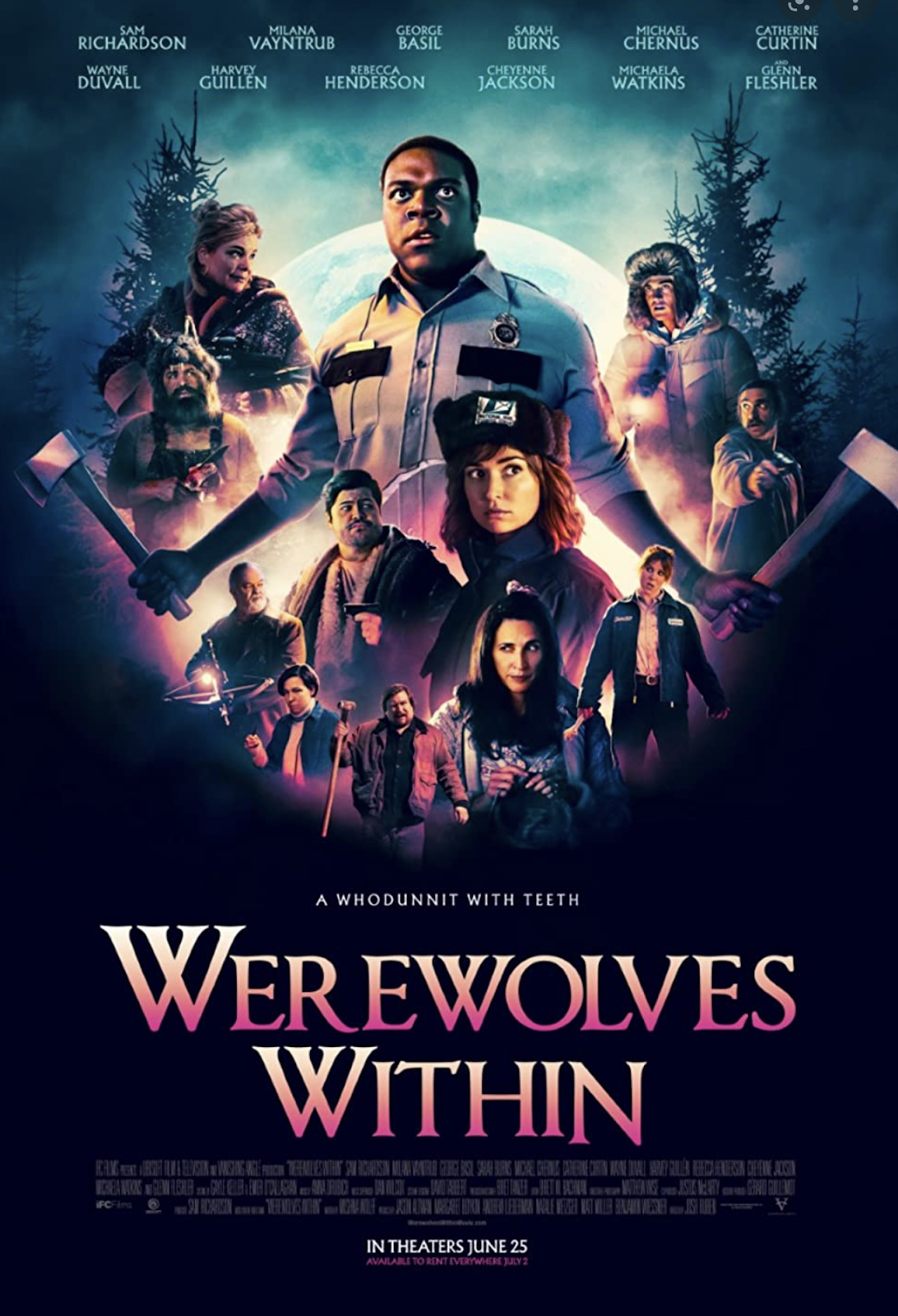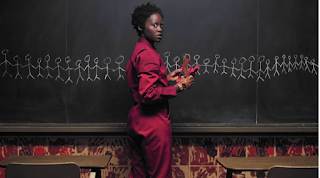The titles of Zach Cregger's films are more riddles and interpretations than descriptions. One could conclude that the "barbarian" of the first film's title refers to the character of the mother, after all she is the one that smashes heads, but, as I said earlier, I think that misses the point that the film is a far deeper reflection on barbarians and civilization. In a similar way, we could conclude that the word "weapons" in the title of the recent film refers to the weaponization of the hypnotized individuals, as is stated in the dialogue. (Oh, yeah, spoiler alert)





















